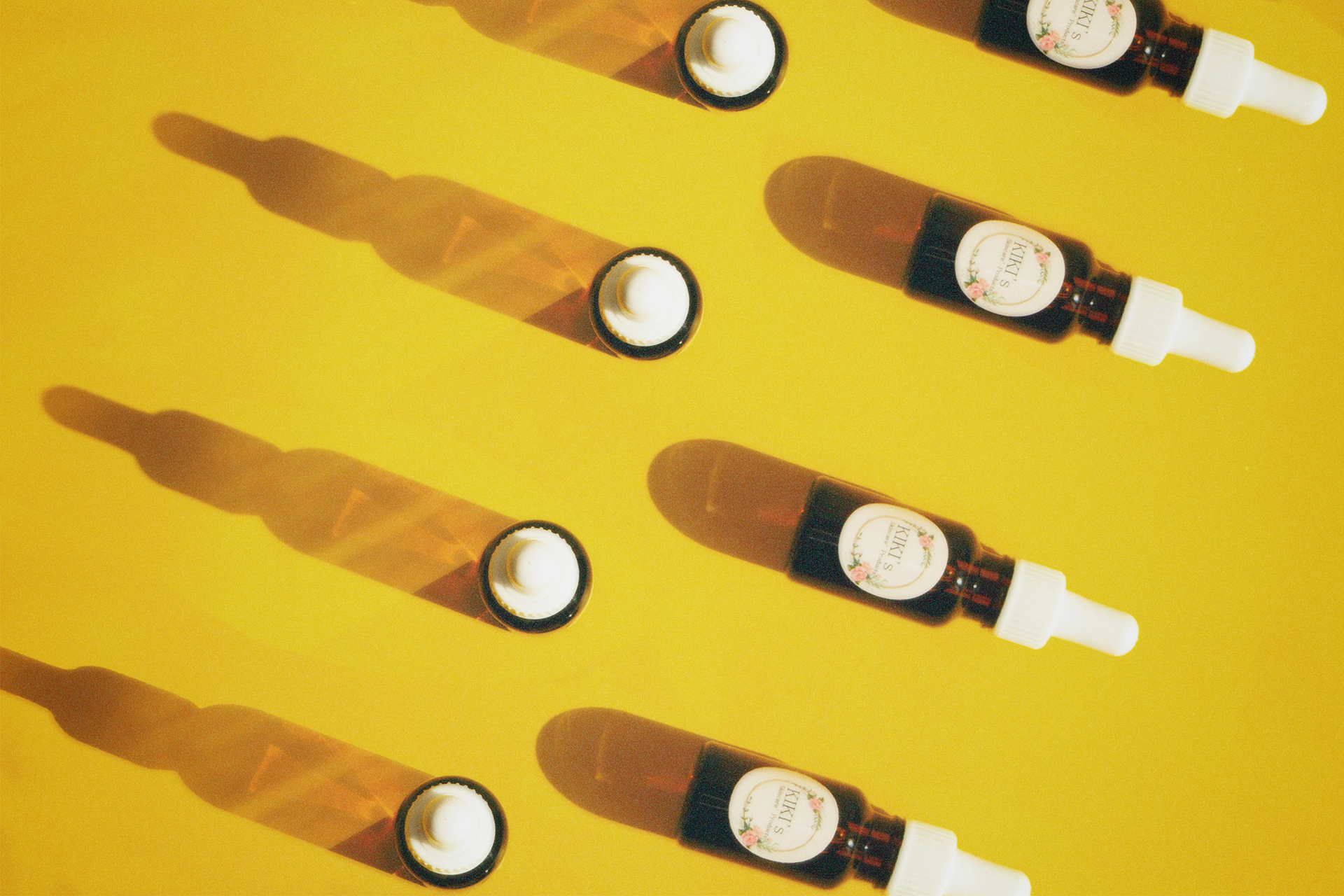Navigating the complex world of skincare can be overwhelming for teenagers, who are often bombarded by a flurry of products, each promising miraculous results. This detailed guide dives deep into the essential skincare practices tailored specifically for teens, emphasizing safe, effective strategies to maintain radiant, healthy skin through the turbulent teenage years.
Understanding the Teenage Skin: Why It’s Different
The teenage years bring about significant physiological changes, thanks to the surge in hormones that accompany puberty. These changes can drastically affect the skin, the body’s largest organ, which becomes more susceptible to acne, oiliness, and irritation. As such, a tailored skincare approach is essential during this period to address these unique challenges without compromising the skin’s delicate balance.
Key Skin Concerns for Teenagers
Before we explore the dos and don’ts of effective teenage skincare, it’s crucial to identify the most common skin concerns that teens face:
- Acne: This is perhaps the most prevalent issue, resulting from clogged pores exacerbated by increased sebum production.
- Oily Skin: Many teens struggle with excess shine and an oily feel, especially in the T-zone area (forehead, nose, and chin).
- Combination Skin: Characterized by a mix of oily and dry patches, this skin type requires a balanced skincare approach.
- Dry and Sensitive Skin: Less common but equally challenging, dry and sensitive skin demands gentle, hydrating products to maintain a healthy barrier.
- Eczema and Other Dermatological Issues: Some teens face chronic conditions like eczema, which require specialized care to manage.
Dos for Teen Skincare
1. Cleansing: The First Step to Clear Skin
A gentle, effective cleanser is the cornerstone of any skincare regimen. Teens should opt for mild, non-comedogenic cleansers that remove dirt and excess oils without stripping the skin’s natural moisture. Cleansing twice a day—morning and night—can prevent the buildup of impurities that lead to breakouts.
2. Hydration is Key
Even oily and acne-prone skin needs hydration. A lightweight, oil-free moisturizer can help balance skin moisture levels and prevent the overproduction of oil triggered by dehydrated skin. For dry skin types, a more nourishing formula may be appropriate, especially in colder months.
3. Sun Protection: A Must-Have Habit
Applying sunscreen every day is non-negotiable. Teens should use a broad-spectrum sunscreen with an SPF of at least 30 to protect against both UVA and UVB rays, crucial for preventing future skin damage and maintaining overall skin health.
4. Routine Consistency
Adhering to a simple yet consistent skincare routine, morning and night, sets the stage for long-term skin health. This regularity helps the skin maintain balance and effectively address issues as they arise.
5. Focus on Overall Skin Health
Encouraging teens to aim for healthy, rather than perfect, skin can reduce pressure and promote a more positive self-image. Skin health should be about feeling good in one’s skin, not achieving an unattainable ideal.
6. Promote Holistic Wellness
Skin health extends beyond topical treatments. Adequate sleep, a balanced diet, and proper hydration are all crucial factors that significantly impact the skin’s appearance and resilience.
Don’ts for Teen Skincare
1. Steer Clear of Harsh Ingredients
Avoid skincare products laden with harsh chemicals, artificial fragrances, and drying alcohols, which can irritate and damage sensitive teenage skin. Instead, seek out gentle formulations designed to nurture and protect.
2. Resist the Urge to Follow Fads
The latest social media-driven skincare fad may not be suitable for every skin type. Teens should learn to evaluate products based on their specific skin needs rather than popularity.
3. Avoid Over-Complicated Routines
Simplicity is key in a teenage skincare routine. Overloading the skin with too many products can lead to irritation and breakouts. A basic regimen that includes cleansing, moisturizing, and sun protection is generally sufficient.
4. Be Wary of Strong Actives
Ingredients like retinoids, high-strength acids, and peels, which are often used to address aging concerns, are usually too potent for young, sensitive skin and should be avoided unless prescribed by a dermatologist.
5. Consult Healthcare Professionals When Needed
For persistent skin issues such as severe acne or eczema, consulting a dermatologist is essential. These professionals can provide tailored advice and treatments that over-the-counter products cannot match.
Conclusion: Empowering Teens with Knowledge and Tools
By embracing these skincare dos and don’ts, teens can effectively navigate the challenges of teenage skin, fostering not only improved skin health but also enhanced self-confidence. It’s important for teens to understand their skin’s needs and adapt their skincare practices accordingly. Armed with the right knowledge and tools, they can maintain healthy, radiant skin throughout their teenage years and beyond.




